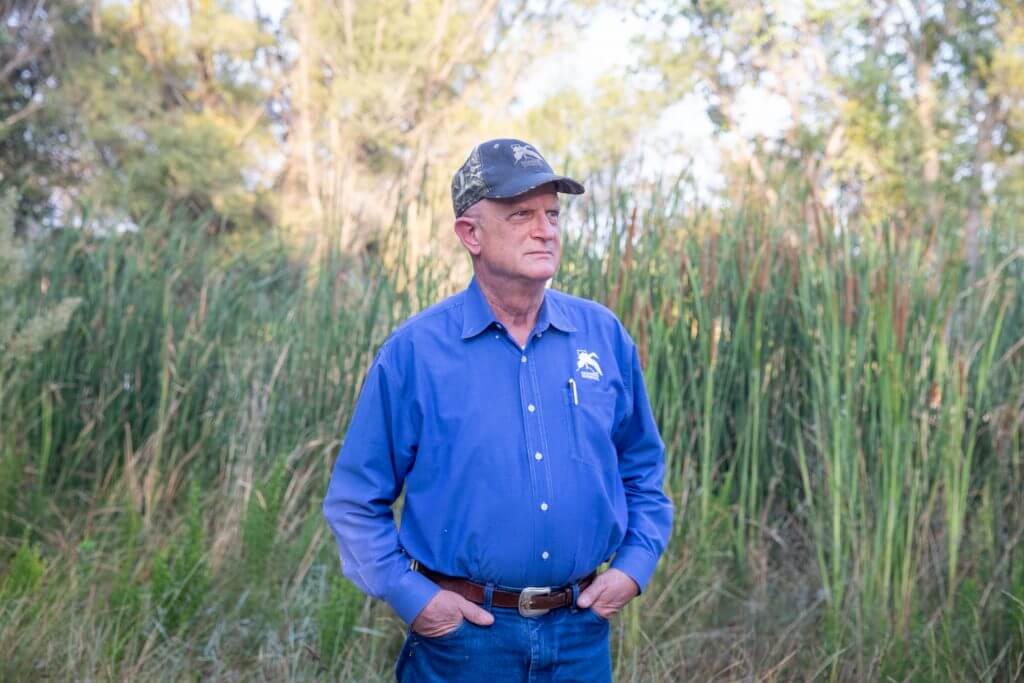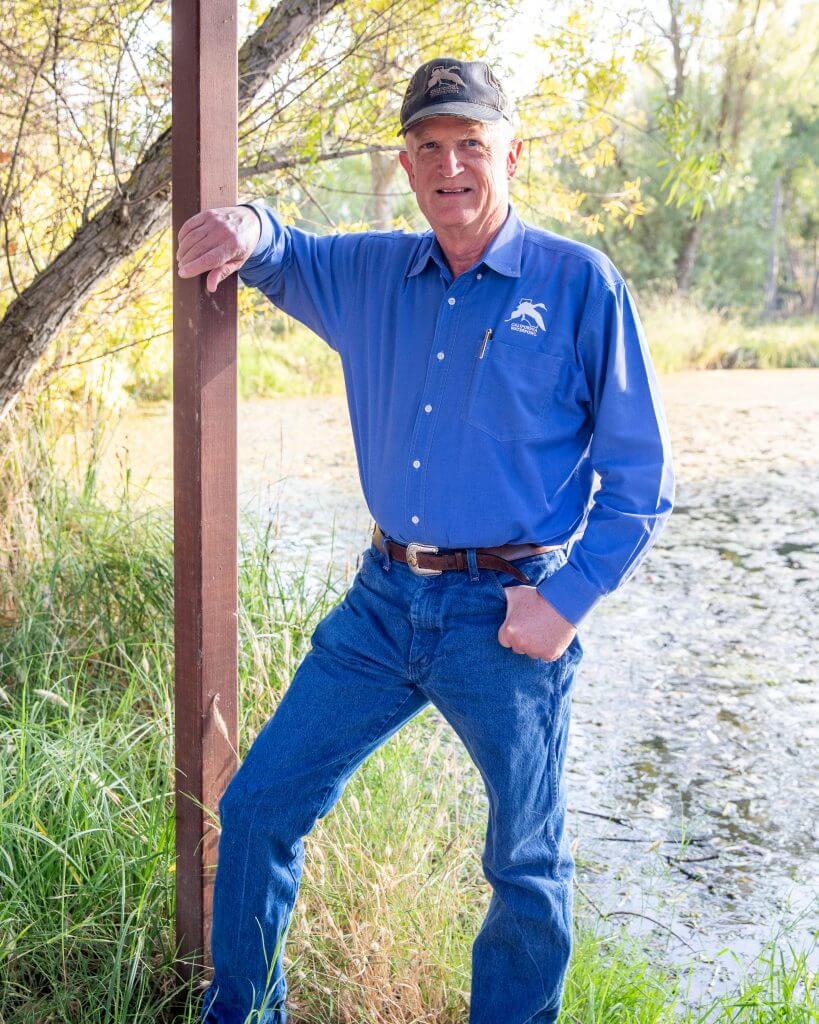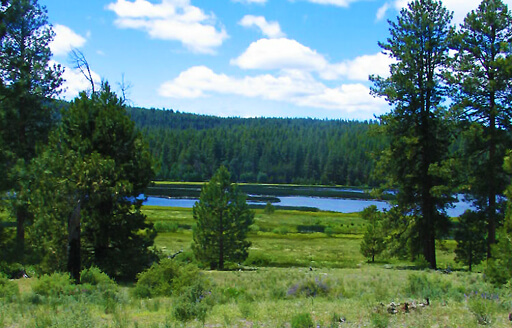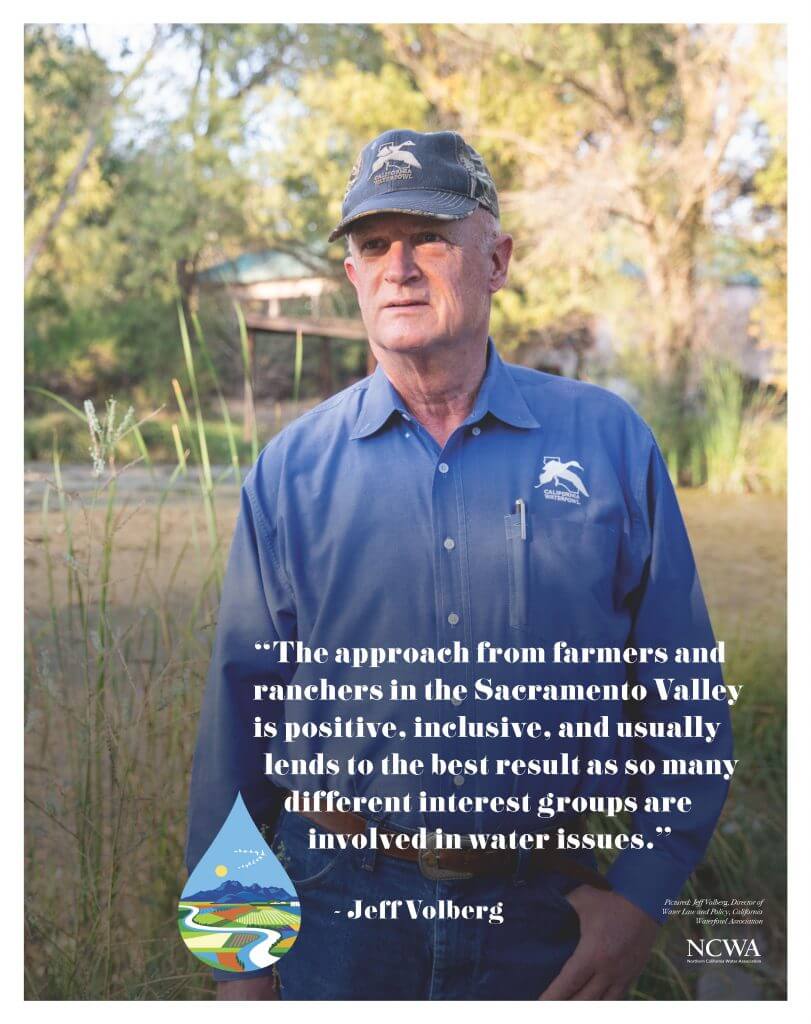 Even as he dreamt of herding cattle on ranch lands in Northern California, a body of water was ever present in that cowboy fantasy. Whether a pristine lake or a rippling river, the youngster was always drawn to the beauty these waterways imposed on the landscape.
Even as he dreamt of herding cattle on ranch lands in Northern California, a body of water was ever present in that cowboy fantasy. Whether a pristine lake or a rippling river, the youngster was always drawn to the beauty these waterways imposed on the landscape.
Some 60 years later part of that dream was no longer a mere object in the background, yet has taken center stage.
As a UC Davis student in the 1970s Jeff Volberg studied agricultural business management in hopes of making a career on the farm fields and ranches that dotted the West. But after four years of working on remote ranches in Northern California and Nevada that dream started to fade. It was a lonely life, with no prospect of a long-term home and family. A more conservative approach to a career took form, and the onetime wrangler no longer wore blue jeans and boots, but now suits and ties.
Landing a job in farm finance, Jeff soon became astutely aware of how much water played a role in a rancher’s or farmer’s livelihood. By the time he was in his early thirties, Volberg was attending law school at night and a sharper focus on water law and regulations came into view.
After working with Southern California grapefruit farmer Dave Kelly, then to serving as a consultant to the State Assembly Water, Parks & Wildlife Committee and finally as the Government Relations Manager for the San Diego County Water Authority, Jeff was ready to move on from water issues and set off into retirement.
 That ride would have to wait.
That ride would have to wait.
The California Waterfowl Association would come calling Volberg became the non-profit’s first Water Law and Policy director.
The new role has Jeff working on behalf of duck and geese populations to ensure they have adequate habitat to feed, raise their young and rest during migration to and from the southern and northern hemispheres.
“This is the most rewarding job I have ever had. There are so many great people working because it is their passion, they are not here for the money.”
Pulling on his work of the past, Volberg is combining collaboration and his expertise in water policy to preserve and create suitable wetlands. Which means not only working with federal and state protected lands, but now farmers who can help aid in providing habitat during the fall and winter months – a critical time for migrating birds.

In the Sacramento Valley that means working to advance water projects and funding to help keep populations at healthy levels.
In the Yolo Bypass, Volberg is collaborating with landowners, NCWA and state agencies to ensure habitat remains suitable for birds accustomed to finding refuge in the low-lying wetlands.
In years past, issues like this may have been contentious, but Volberg says its uplifting to operate in this new climate.
“Rather than retreating into the respective corners and blaming government for their woes, it is great to see a large consortium work together to find solutions. The approach from farmers and ranchers in the Sacramento Valley is positive, inclusive, and usually lends to the best result as so many different interest groups are involved in water issues.”
While he never became the cowboy he once dreamed to be, Jeff has found his path may serve a greater purpose. For while he may have overseen a few thousand cattle had he become a cowboy, today as a conservationist, he gets to help millions of waterfowl each and every year.





I had the great opportunity to work Jeff. He is an amazing writer and I enjoyed sharing water stories with him. I still consider him a cowboy!
Great tribute!
Meena
Have helped with seeding. Wetlands with chad at Greylodge CWA. Proud of the work. I lost seed in camp fite set aside for CWA. They stood by me. I have sources that will work in your area for food and cover .